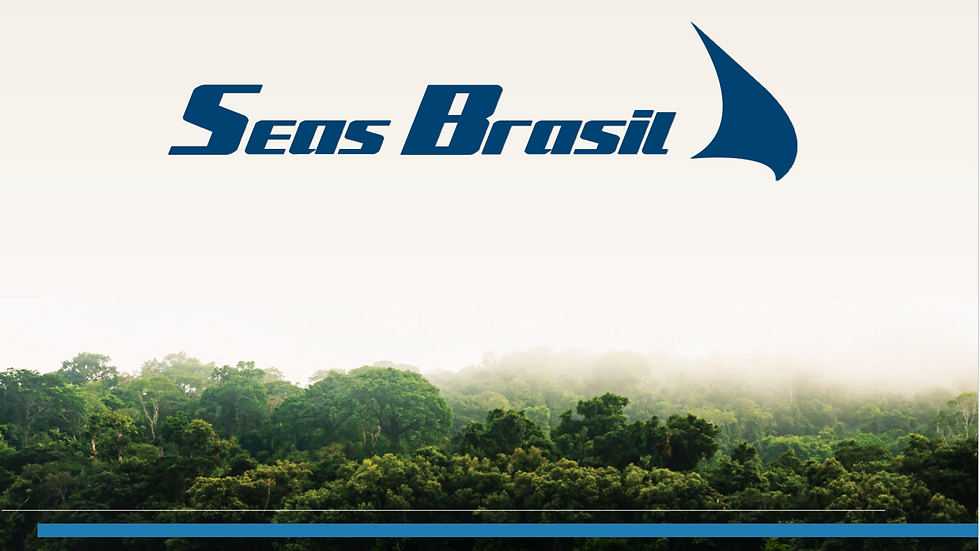
Sustainable Forest Management with FSC® Certification
In the Brazilian Amazon, a new approach to forest management is showing that it is possible to balance the responsible use of natural resources, environmental preservation, and local socioeconomic development. This practice is based on three pillars: sustainability, technology, and legality, with one of its main guarantees being FSC® (Forest Stewardship Council®) certification.
FSC® certification is one of the most recognized international labels for social and environmental responsibility. It ensures that forest management follows strict criteria for biodiversity conservation, respect for local communities, legal compliance, and sustainable use of resources. Verification is conducted annually by independent entities, ensuring transparency and credibility throughout the process.
Innovation and Traceability
Forest management in public forests in Pará is guided by cutting-edge technology and integrated monitoring systems, ensuring full control of the production chain:
-
Georeferenced tracking: Each log of wood carries data that tracks its journey from the forest to the chain of custody, accessible via QR Code.
-
Genetic identification (DNA): An innovative solution implemented since 2023 allows the identification of the wood’s origin and confirms the species’ genetic diversity. This is essential for issuing the Non-Detriment Finding (NDF) required by CITES (Convention on International Trade in Endangered Species of Wild Fauna and Flora).
-
BRFLOR System: A forest asset management and traceability platform that centralizes all operational and environmental information.
The forest management is carried out with highly selective criteria. Only a fraction of trees, from certain species and of commercial age, are harvested per cutting cycle. Extraction is planned to minimize environmental impact, protect neighboring trees, and preserve soil and water integrity. Unharvested areas are maintained as refuges for wildlife. Roads and trails are planned with reduced impact and receive constant maintenance. Satellite monitoring and ground patrols deter illegal activities such as hunting, predatory fishing, and unauthorized logging. Moreover, the forest management process supports the natural regeneration of the forest, maintaining ecological corridors and enabling the return of native vegetation, while ensuring a continuous supply of timber with minimal impact.
Social Commitment
Forestry activities also promote inclusion and social development:
-
Hiring and training of local labor.
-
Support for community projects, such as school renovations, provision of educational materials, and improvements to local infrastructure.
-
Adequate working conditions at operational bases, including housing, food, safety equipment, and internet access.
This sustainable forest management system presents a viable alternative to deforestation and illegal exploitation, while meeting international market demands for products that are legal, traceable, and sustainable in origin.
With the support of certifications like FSC®, the use of biotechnology, and the active involvement of local communities, Seas Brasil demonstrates that it is possible to generate economic value with respect for the environment and future generations.



